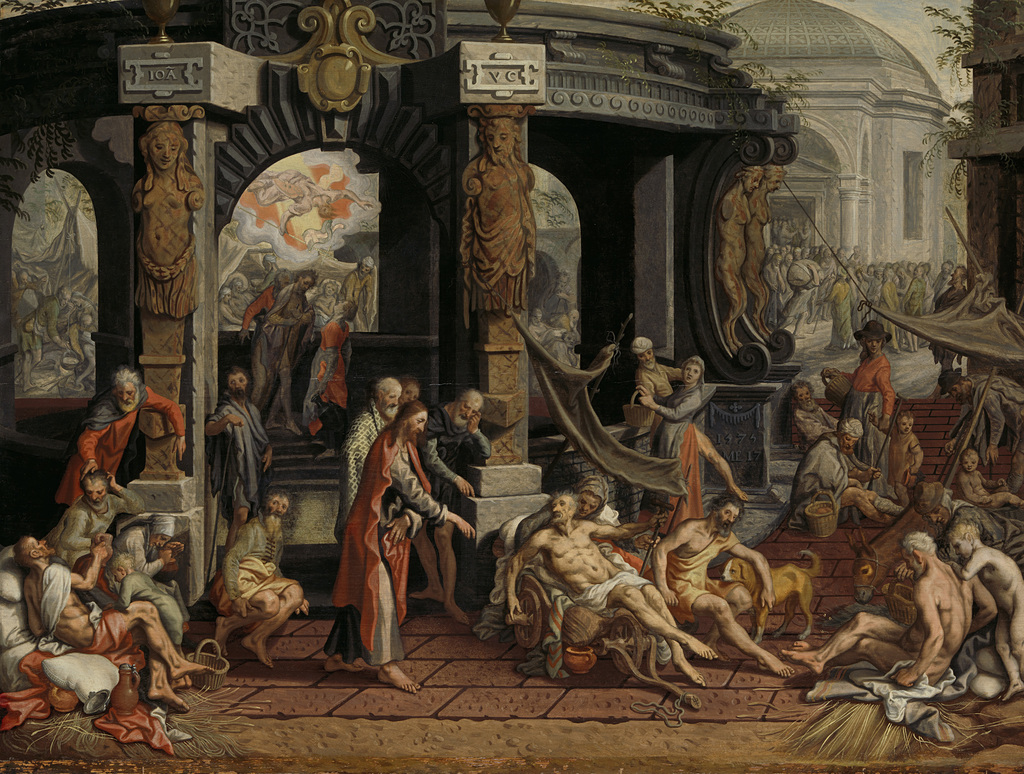Amos and Jesus are prophetic voices that we hear in our Scriptures this morning. Unfortunately, as is often the case with prophets, neither is a welcome voice. Amos makes it clear that he is not speaking on his own, or even because he wanted to. If it were up to him, he’d go back to being a simple shepherd and dresser of sycamore trees. But he knows that the Lord was using him to speak to Amaziah, and he had no intention of backing down.
In today’s Gospel, Jesus could have cured the paralytic with one touch and without much fanfare. But that wasn’t what he was there to do. He was there to preach forgiveness of sins by the way he healed the paralyzed person. Jesus used that simple situation of healing to be a prophetic voice in the world, saying to everyone present that real healing only comes about through the forgiveness of sins.
I think it’s important to note that being unwilling to accept prophetic witness has its price. By refusing to hear the word of Amos, Azariah was doomed to destruction. Not because our God is a capricious, spiteful deity, but because Azariah was unwilling to accept God’s mercy and protection. On the other hand, the faith of the people who brought the paralytic to Jesus opened that man’s life to God’s healing and mercy. Prophetic words are often hard, but they also bring healing.
That unnamed paralyzed person could be you or me today, or someone we’ll meet during this day. Who among us is not paralyzed by sin in some way? To whatever extent we are the ones in need of healing, may we all hear the prophetic voice of Jesus saying to us: “Your sins are forgiven. Rise, pick up your stretcher, and go home.”
